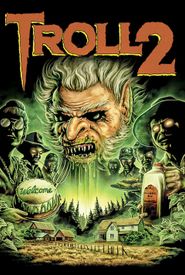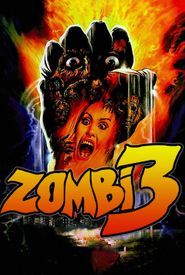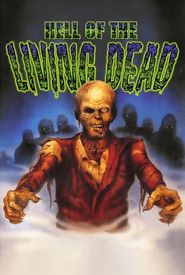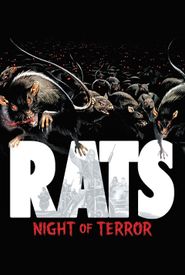Claudio Fragasso's life is a fascinating tale of passion, dedication, and innovation. Born in Rome, he was instilled with a love for cinema by his father, who would often take him to Cinecittà as a child. This early exposure had a profound impact on Fragasso, sparking a creative fire that would burn brightly throughout his life.
At the tender age of ten, Fragasso's British brother-in-law, a documentary filmmaker for the London BBC, gifted him a super 8 camera. This marked the beginning of a lifelong journey as a filmmaker, as Fragasso began shooting his own films, involving his friends and experimenting with the art of storytelling.
As he grew older, Fragasso's passion for cinema only intensified. He completed his classical studies and went on to work as an editing assistant and later as an assistant director. At just 20 years old, he made his first feature film in Super 8, "Paure e Realtà". This was followed by "Pasaggi", which won the Ischia film festival in 1979, a major milestone in Fragasso's career.
The 1980s were a transformative period for Fragasso, as he transitioned to 35 mm filmmaking and began to make a name for himself in the international film community. His debut feature, "Difendimi dalla Notte", won numerous awards, including the San Sebastian Film Festival, the Nice Film Festival, and the Annency Film Festival. It was also selected for competition at the prestigious Berlin Film Festival.
Despite his success, Fragasso struggled to find work in Italy, where he lacked political connections and a family legacy in the film industry. This led him to "emigrate" to the world of international cinema, where he directed numerous films for the foreign market. Working in English, with American and European actors, Fragasso honed his craft and developed a reputation as a versatile and innovative filmmaker.
During this period, Fragasso collaborated with his friend and fellow director, Bruno Mattei, on a wide range of genres, including horror, western, science fiction, adventure, thriller, war, and detective. Their partnership produced some truly iconic films, which continue to delight audiences to this day.
Eventually, Fragasso parted ways with Mattei and continued to travel the world, directing more horror movies, science fiction epics, and zombie films. In 1984, he was approached by an American production company to direct the rock star Alice Cooper in the film "Monster Dog". This was followed by the cult classic "After Death", shot in the Philippines in 1985.
In 1989, Fragasso directed the phenomenon that would become "Goblin", later rebranded as "Troll2" in the United States. This film's enduring popularity can be attributed to the misunderstandings surrounding its title, which led audiences to believe it was a sequel to the original "Troll". In reality, "Goblin" was a comic horror story designed for families, without blood or gore, which became a surprise hit.
After a decade of international filmmaking, Fragasso returned to Italy in 1993, where he rediscovered his passion for cinema with a focus on social commitment. He created the award-winning "Teste Rasate", which was sold in many countries around the world. In 1995, he directed his most successful work to date, "Palermo Milano Solo Andata", in collaboration with 20th Century Fox Italy. This film was selected for competition in Venice and sold in 83 countries, cementing Fragasso's status as a master filmmaker.
Throughout his career, Fragasso has made over 40 films, discovering and mentoring many young actors who have gone on to become stars. He continues to supervise young directors and remains dedicated to his craft, driven by his love for cinema. Claudio Fragasso is a true original, a filmmaker who has defied convention and pushed the boundaries of his art, leaving an indelible mark on the world of cinema.













































